Best Times for Masonry Service
Masonry service is most effective during moderate weather conditions. Optimal timing typically falls in the spring and early fall when temperatures are between 40 and 80 degrees Fahrenheit. During these periods, mortar and other materials cure properly, reducing the risk of cracking or other issues caused by extreme heat or cold.
Spring offers ideal conditions for masonry work, with moderate temperatures and lower humidity. This helps ensure proper curing and long-lasting results.
Fall is suitable for masonry projects, allowing materials to settle before winter. It also provides time for any repairs needed before cold weather sets in.
Extreme cold can hinder mortar curing, while high summer temperatures may cause premature drying. These conditions can compromise masonry integrity.
Local climate patterns influence the best timing. Consulting with a masonry professional helps determine the most appropriate season for specific projects.
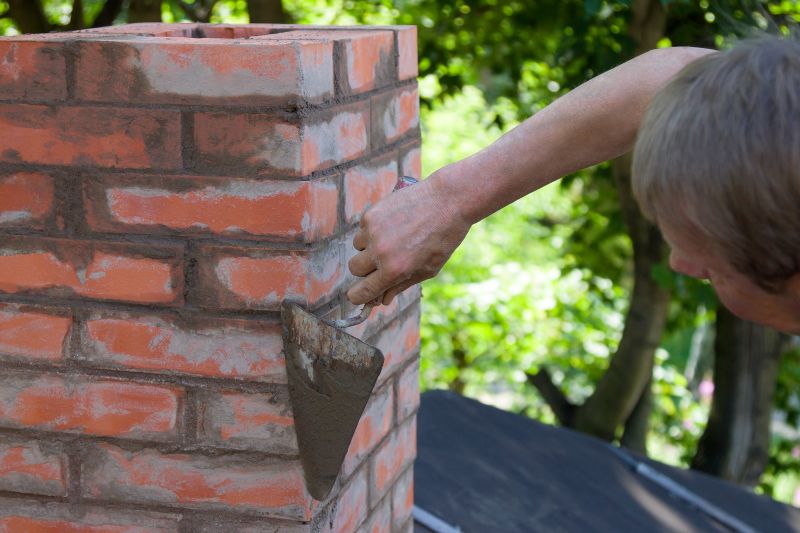
Masonry projects in spring benefit from optimal weather conditions for durable results.
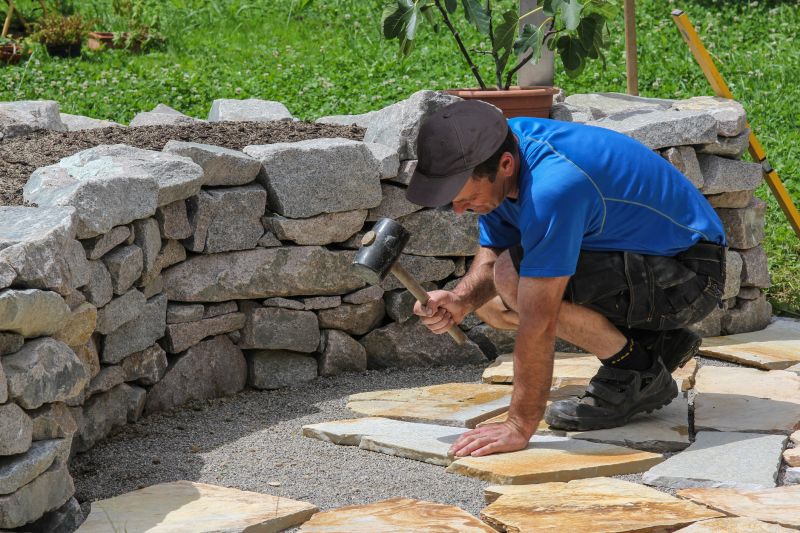
Fall provides the right environment for repairs and installations before winter.
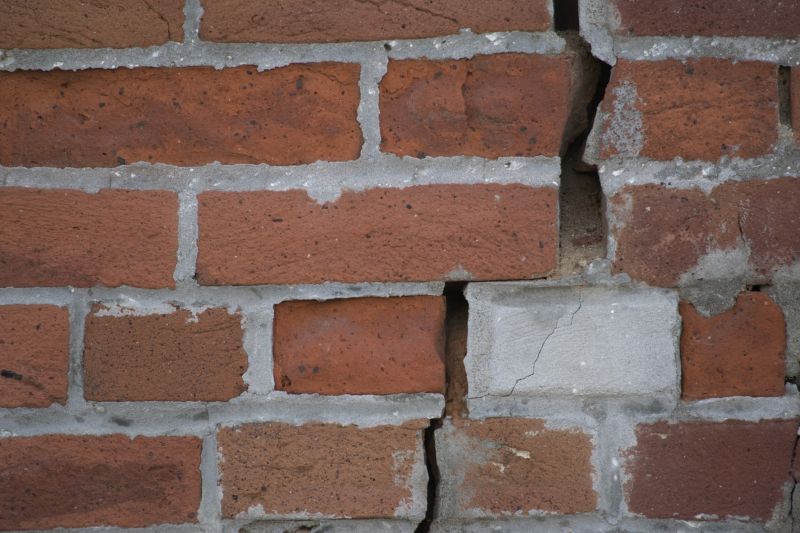
Extreme temperatures can affect mortar curing and material stability.
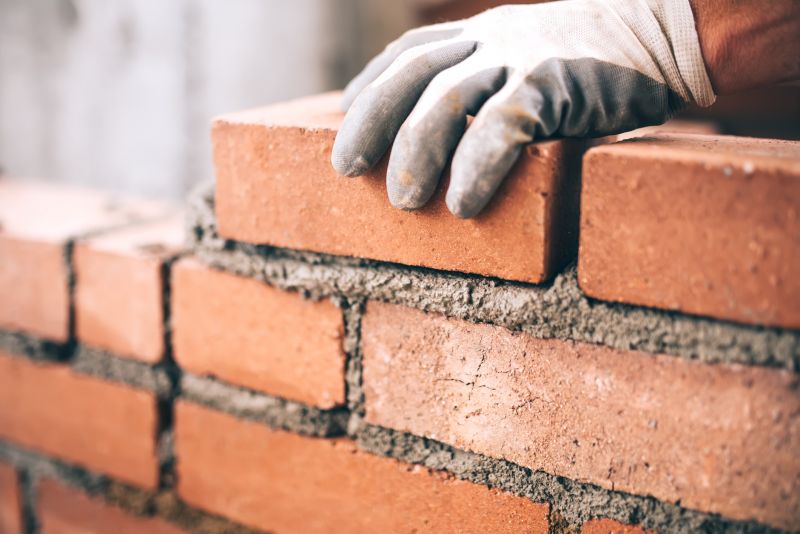
Popular materials for Masonry Service and why they hold up over time.
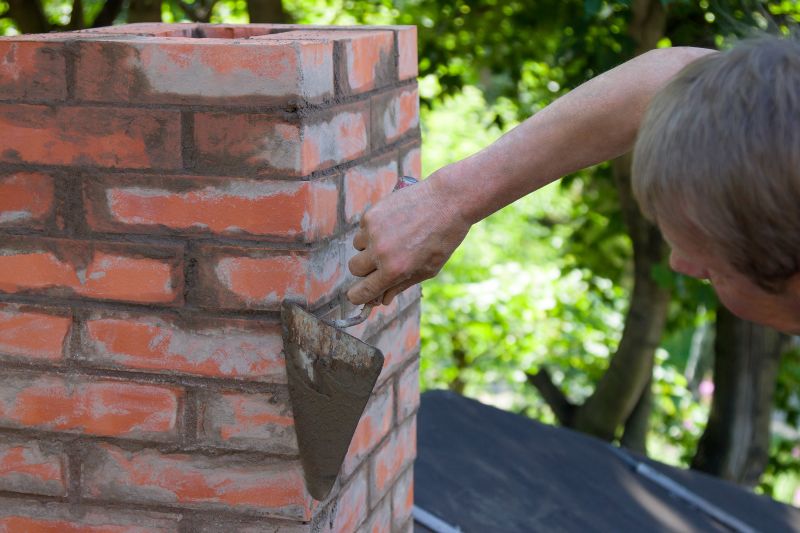
Simple add-ons that improve Masonry Service without blowing the budget.
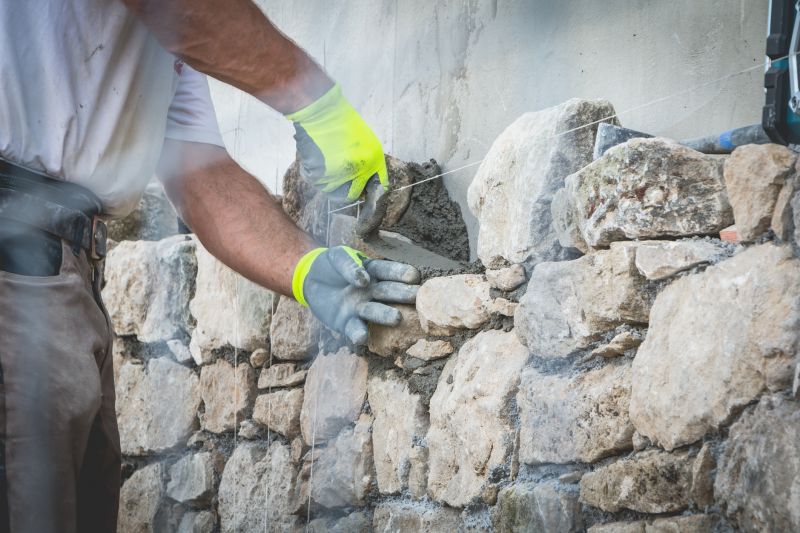
High-end options that actually feel worth it for Masonry Service.
| Season | Ideal Conditions |
|---|---|
| Spring | Moderate temperatures, low humidity, ideal for curing. |
| Summer | High temperatures may cause rapid drying, risking cracks. |
| Fall | Cool temperatures, less humidity, good for repairs. |
| Winter | Cold weather impedes mortar curing, not recommended. |
Masonry service involves the construction, repair, and preservation of structures using materials such as brick, stone, and concrete. Proper timing ensures the longevity and structural integrity of masonry work. Seasonal considerations are essential because weather conditions directly impact mortar curing and material stability. For example, mortar requires specific temperature ranges to set correctly, avoiding issues like cracking or weakening. Regular maintenance and timely repairs can extend the lifespan of masonry structures, making scheduling during suitable seasons highly beneficial.
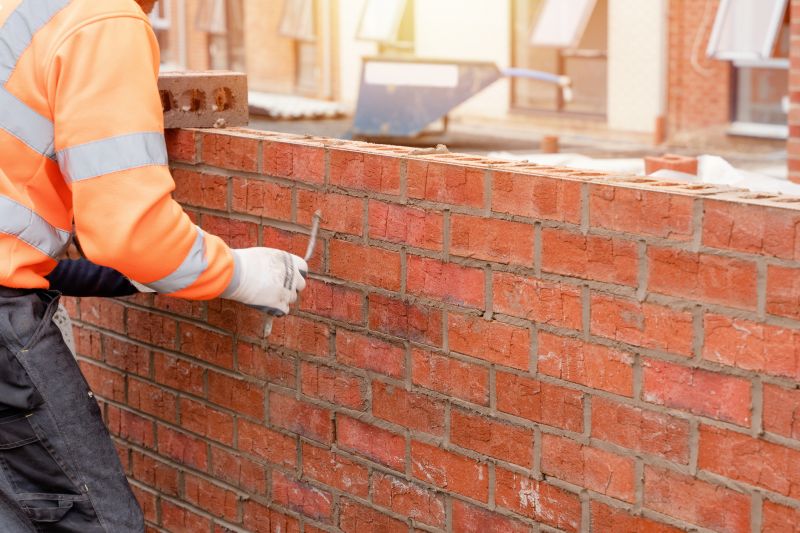
Properly timed masonry projects ensure durable and long-lasting structures.
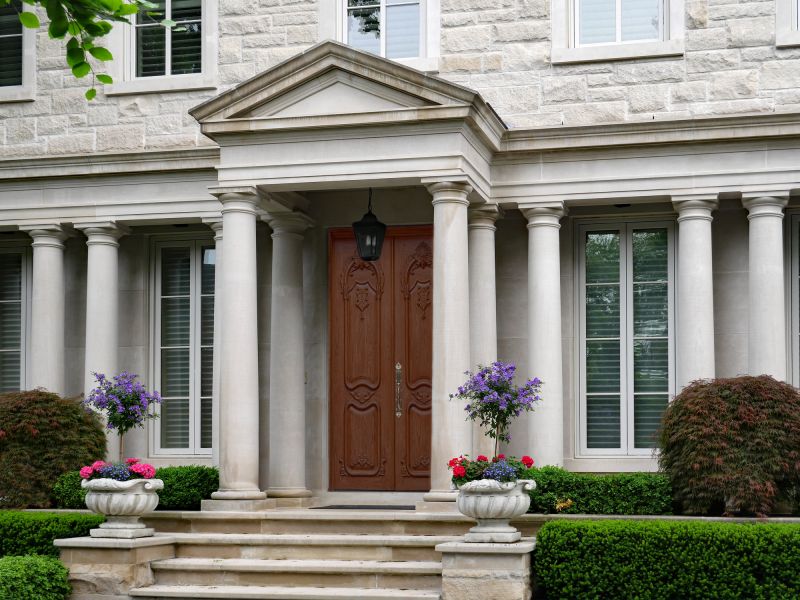
Spring offers favorable conditions for new installations and repairs.
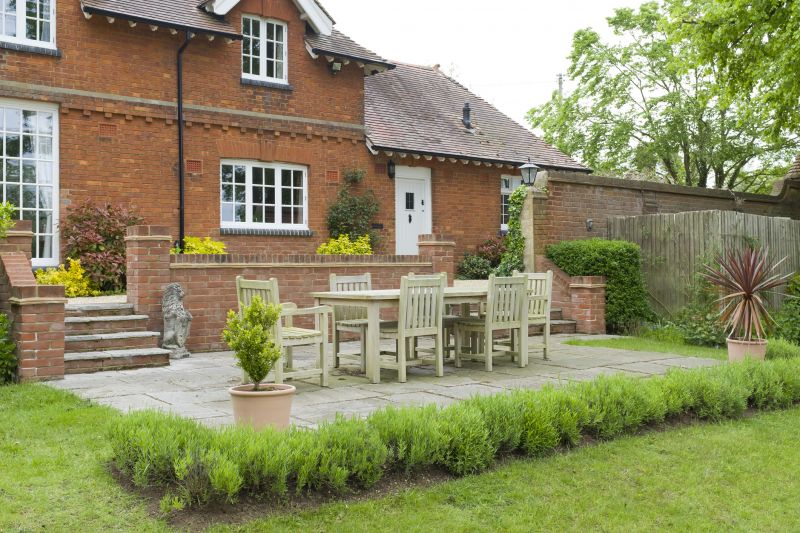
Fall is ideal for completing projects before winter weather arrives.
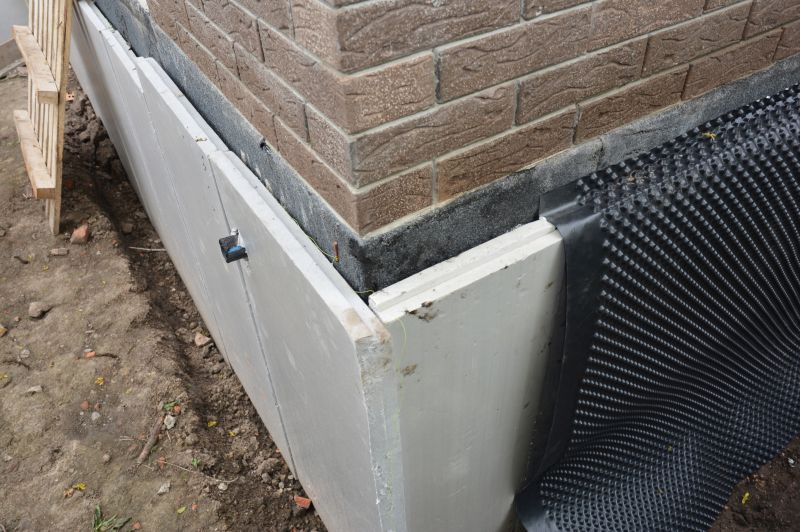
Temperature and humidity levels influence project success.
Interested in scheduling masonry work? Filling out the contact form can help determine the best timing based on local weather patterns and project specifics. Proper planning ensures that masonry structures are built or repaired under optimal conditions, promoting durability and performance.
